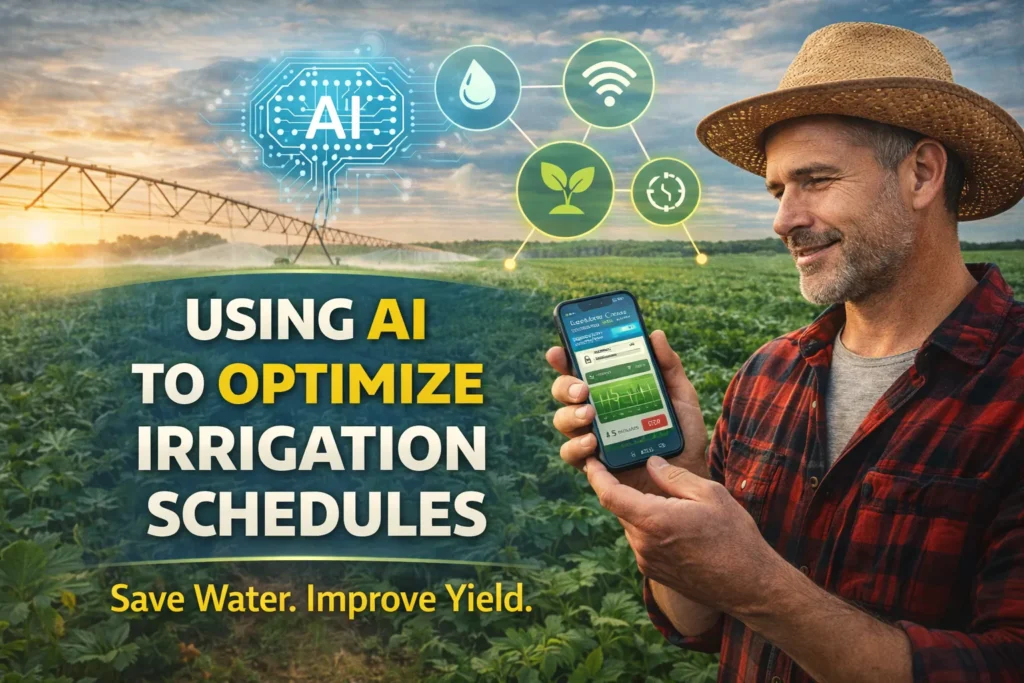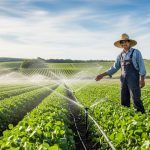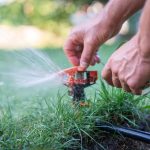Imagine a world where your crops receive just the right amount of water, maximizing yield while conserving valuable resources. No more overwatering, no more underestimating what your plants need.
Sounds like a dream, right? But with the power of artificial intelligence, this dream is becoming a reality. By using AI to optimize irrigation schedules, you can ensure that every drop of water is used effectively, saving money and boosting productivity.
This isn’t just about cutting-edge technology; it’s about revolutionizing the way you manage your land. Curious about how AI can transform your irrigation practices? Keep reading to discover how this innovative solution can redefine your approach to agriculture, making your farm smarter and more sustainable.
Smart Irrigation Systems
Smart irrigation systems are transforming how we manage water resources. These systems use technology to ensure efficient water usage. They adjust water schedules based on real-time data. This helps in conserving water and promoting healthy plant growth. As climate change impacts water availability, smart systems are becoming essential. They offer solutions that traditional methods cannot.
Understanding Smart Irrigation Systems
Smart irrigation systems use sensors and controllers. These tools gather data on soil moisture and weather conditions. Systems analyze this data to decide when to water. This reduces water waste and ensures plants get the right amount of water.
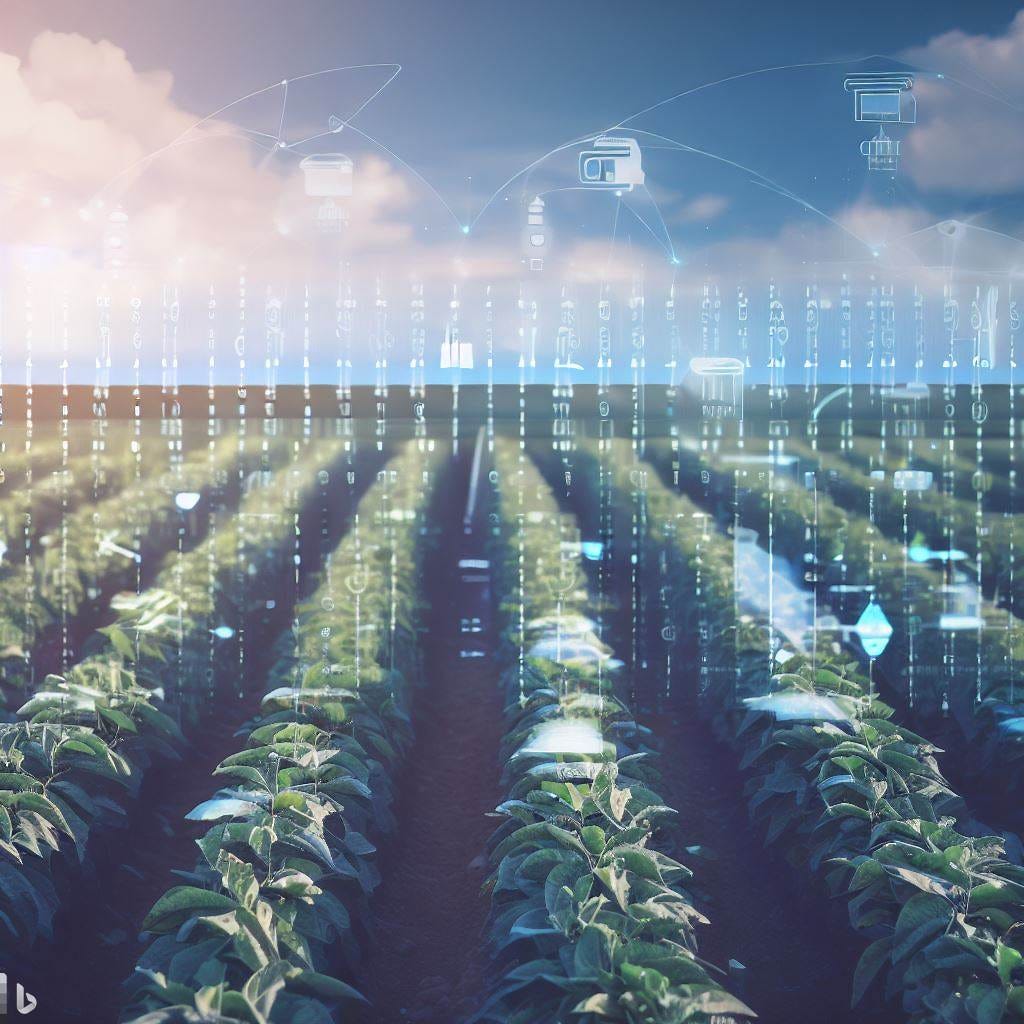
Benefits Of Smart Irrigation Systems
Smart systems save water by preventing overwatering. They reduce energy costs by optimizing water usage. This leads to lower utility bills. Plants grow healthier when watered at the right time. Smart systems improve crop yield and quality.
Components Of Smart Irrigation Systems
These systems include soil moisture sensors. They measure how wet or dry the soil is. Weather sensors predict rain and temperature changes. Controllers adjust water flow based on sensor data. These components work together to ensure optimal irrigation.
Challenges In Implementing Smart Irrigation Systems
Initial setup costs can be high. Some farmers face difficulties in adapting to new technology. Training is necessary to fully utilize smart systems. Connectivity issues can affect system performance. Despite challenges, the benefits outweigh the drawbacks.
Future Of Smart Irrigation Systems
Advancements in AI will enhance smart irrigation. Systems will become more intuitive and efficient. Integration with other smart technologies will improve functionality. The future holds promising developments in smart irrigation.
Benefits Of Ai In Irrigation
AI technology helps farmers adjust watering times for crops. It saves water and boosts plant growth by analyzing soil moisture and weather. This smart approach creates efficient schedules, reducing waste and ensuring healthy crops.
Using AI to optimize irrigation schedules is transforming the way farmers manage water resources. This technological advancement offers numerous benefits that enhance efficiency and sustainability in agriculture. Let’s delve into the specific advantages AI brings to irrigation.
1. Efficient Water Usage
AI helps in using water more efficiently by analyzing weather patterns and soil moisture levels. Imagine being able to adjust irrigation schedules automatically based on real-time data. This ensures that your crops receive the right amount of water at the right time, preventing waste and conserving precious resources.
2. Cost Savings
By optimizing irrigation, AI reduces the costs associated with water usage. Less water waste means lower utility bills and fewer resources spent on irrigation management. You can reinvest these savings into other areas of your farm for improved productivity.
3. Improved Crop Yields
Proper water management leads to healthier crops and better yields. AI ensures that plants get just the right amount of water, reducing the risk of overwatering or underwatering. With healthier crops, you can expect a more bountiful harvest, enhancing your overall profitability.
4. Environmental Impact
AI-driven irrigation systems contribute to a more sustainable farming practice. By minimizing water waste, you reduce your environmental footprint. This not only benefits your farm but also supports global efforts towards sustainable agriculture.
5. Time Management
AI simplifies the irrigation process, saving you valuable time. With AI handling the scheduling, you can focus on other crucial farming tasks. This automation allows you to manage your farm more effectively without sacrificing crop health.
6. Data-driven Decisions
AI provides you with insightful data to make informed decisions. Access to detailed reports on water usage, soil conditions, and weather forecasts enables you to refine your irrigation strategies. This empowers you to continuously improve your farming practices for better results.
Are you ready to embrace AI for your irrigation needs? The benefits are clear, and the potential for improved efficiency and sustainability is within reach. Whether you’re a seasoned farmer or just starting, AI can be a game-changer for your agricultural practices.
Ai Algorithms For Water Management
Imagine walking through a lush field of crops, knowing that each plant is receiving precisely the right amount of water at the right time. This is the promise of AI algorithms for water management. By using sophisticated computer programs, you can optimize irrigation schedules, ensuring that your crops are healthy and your water usage is efficient. As someone who once struggled with overwatering my garden, I found AI solutions transformative in managing resources effectively.
Understanding Ai Algorithms
AI algorithms analyze data from various sources such as weather forecasts, soil moisture sensors, and historical irrigation patterns. They process this information to determine the most efficient watering schedules. Consider how valuable it is to receive a timely alert on your phone about an upcoming rainstorm, allowing you to adjust your irrigation plan accordingly. This real-time adjustment helps save water and prevents crop damage.
Benefits Of Ai In Water Management
AI brings several advantages to water management. It reduces water waste by ensuring precise application. This not only conserves water but also lowers costs. As someone who used to pay hefty water bills, the savings from AI-driven irrigation have been significant. Moreover, AI enhances crop health by providing optimal growing conditions, leading to better yields.
Implementing Ai Solutions In Your Farm
Integrating AI into your farm isn’t as complex as it sounds. Start by installing sensors to gather data on soil moisture and weather conditions. Next, choose a reliable AI software that suits your needs. Many platforms offer user-friendly interfaces to help you interpret data easily. Think about the peace of mind you’ll have, knowing your irrigation schedule is handled by cutting-edge technology.
Challenges And Considerations
AI technology isn’t without challenges. Data accuracy is crucial; inaccurate sensor readings can lead to poor irrigation decisions. Regular maintenance of your equipment can prevent this issue. You might wonder, is the investment worth it? Consider the long-term savings and environmental benefits, which often outweigh initial costs. Additionally, seek advice from fellow farmers who have successfully adopted AI, to gain insights into overcoming hurdles.
Are you ready to embrace AI for smarter water management? Take the first step towards efficient irrigation and healthier crops by exploring AI solutions tailored to your farm’s needs. Your journey towards sustainable farming practices could begin today.
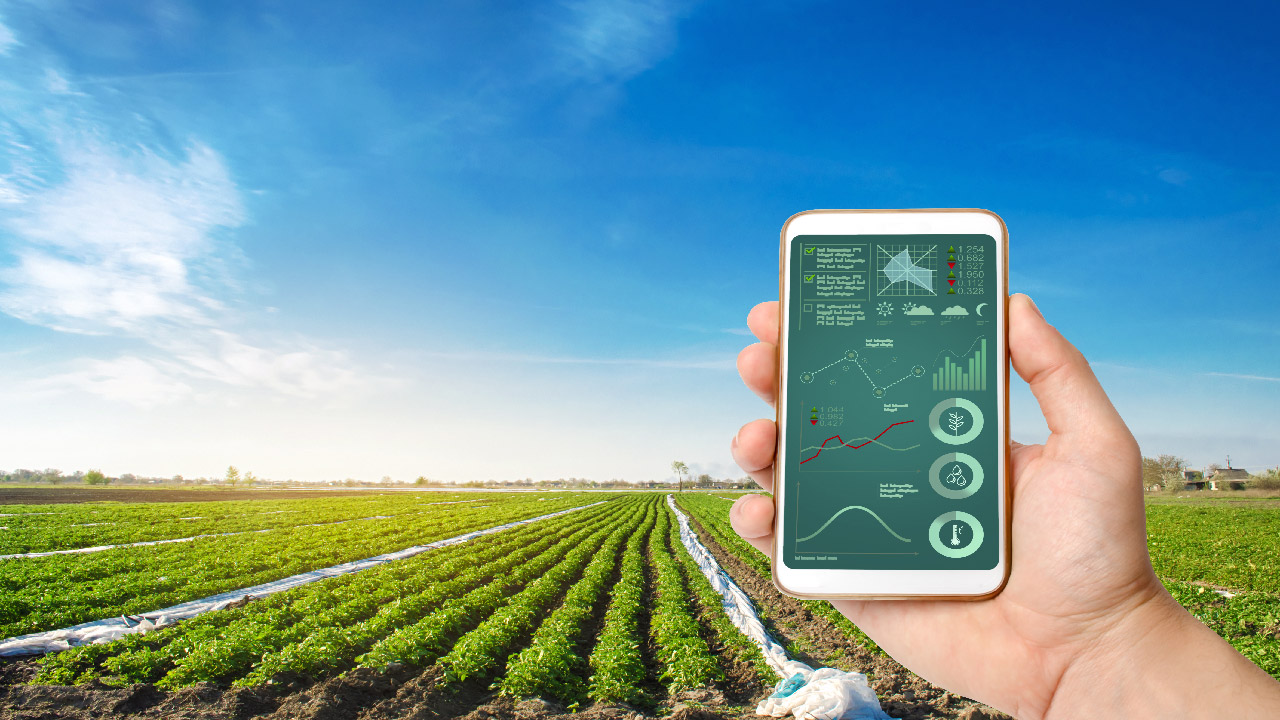
Future Of Ai In Agriculture
AI helps farmers make better irrigation schedules. It analyzes weather, soil moisture, and crop needs. This saves water and boosts crop yields.
The future of AI in agriculture is bright and promising. AI technology is rapidly transforming how farmers manage resources, especially water. By optimizing irrigation schedules, AI helps ensure crops get the right amount of water at the right time. This not only boosts yield but also conserves precious resources.
Understanding Ai’s Role In Precision Agriculture
Precision agriculture is about making farming smarter. AI helps you analyze data from soil sensors and weather forecasts. This allows you to tailor irrigation schedules to your farm’s specific needs. Imagine having a system that anticipates rainfall and adjusts watering accordingly. This level of precision could save water and increase crop production.
Real-time Data Analysis For Smarter Decisions
AI systems can process vast amounts of data quickly. This means you can make decisions based on real-time information. You won’t have to guess whether it’s time to water your crops. The AI system guides you, making farming more efficient and less stressful. By using AI, you can respond to changes instantly and maintain healthier crops.
How Ai Enhances Resource Management
Managing resources efficiently is crucial for sustainable farming. AI helps by predicting exactly when and where water is needed. This reduces waste and ensures optimal growth conditions. You can focus on other important tasks, knowing that your irrigation system is working effectively. This proactive approach can lead to higher yields and better quality produce.
Ai’s Impact On Sustainable Farming Practices
Sustainability is more than just a buzzword; it’s a necessity for future farming. AI helps you reduce water usage, minimize environmental impact, and promote sustainable practices. By optimizing irrigation, you contribute to a healthier planet. Think of AI as a partner in your journey towards sustainable agriculture.
Challenges And Opportunities
AI in agriculture presents both challenges and opportunities. You might face initial hurdles in integrating AI technology. However, the benefits can far outweigh these challenges. As you embrace AI, you open doors to innovation and efficiency. Are you ready to take the leap and transform your farming practices?
Using AI to optimize irrigation schedules is just the beginning. As technology advances, the possibilities in agriculture are endless. Will you be part of this exciting future?
Conclusion
Using AI in irrigation boosts water efficiency and crop health. Farmers can save water while ensuring plants get the right amount. AI tools offer precise scheduling. This helps farmers avoid over-watering or under-watering. Better irrigation leads to healthier crops and higher yields.
Sustainable practices become easier with AI. Adopting AI in agriculture is a smart step. It makes farming more efficient and environmentally friendly. Embracing technology benefits both farmers and the planet. It’s time to consider AI for smarter irrigation.

